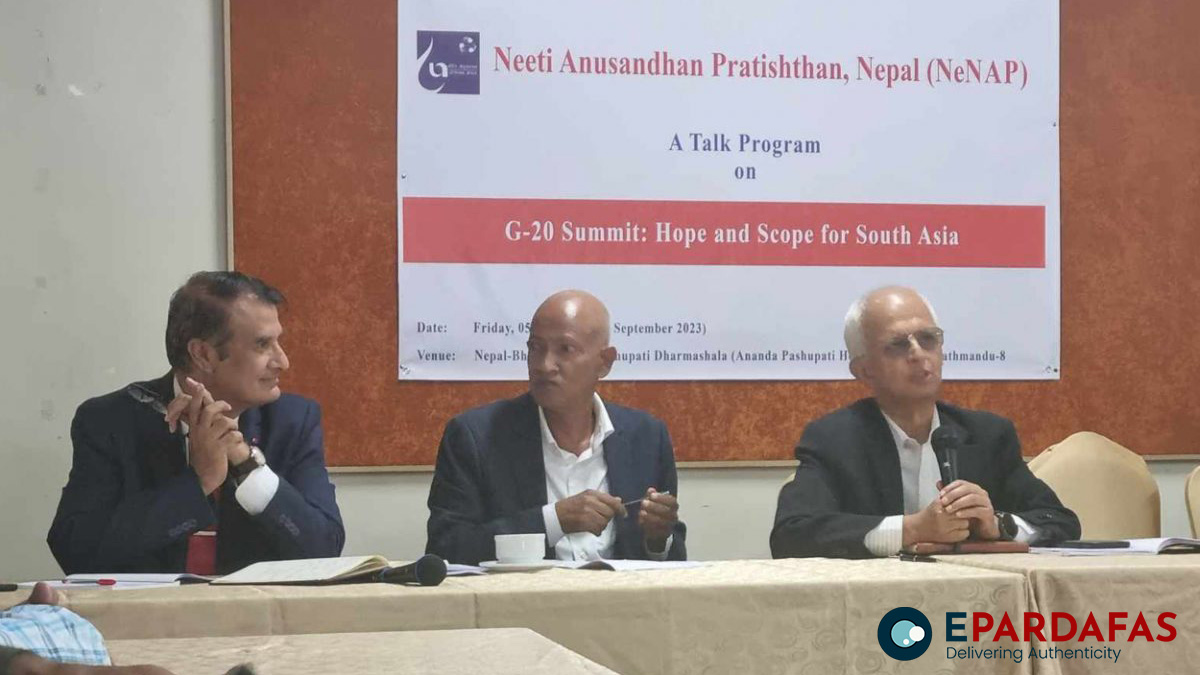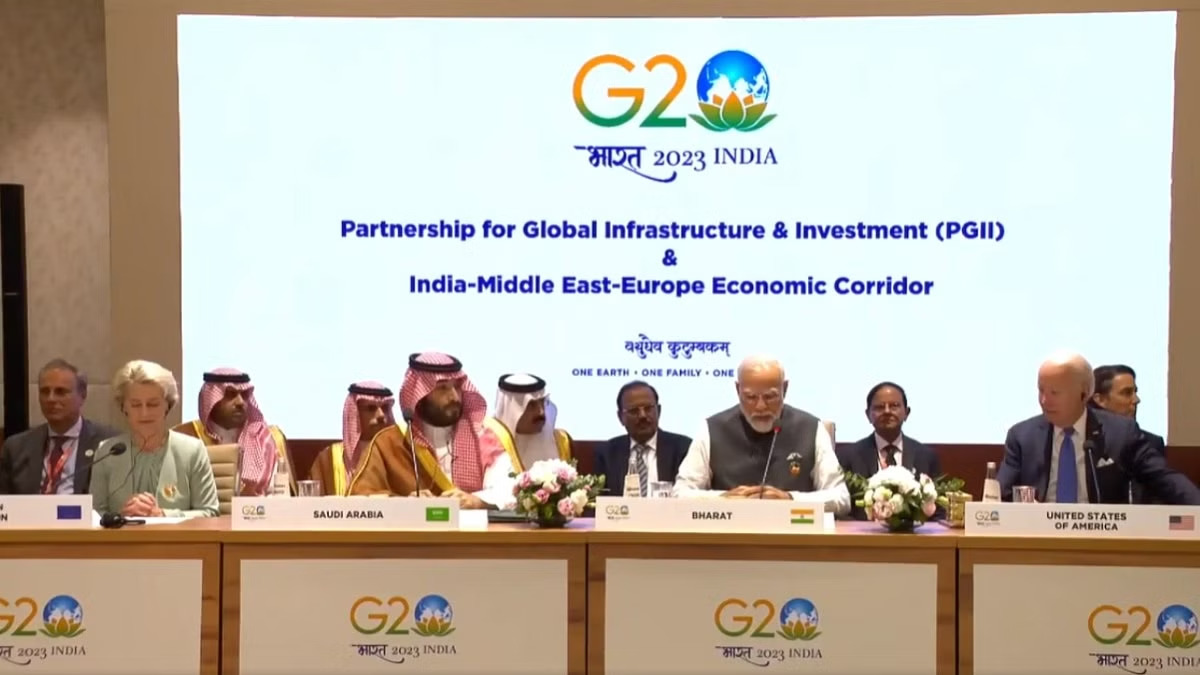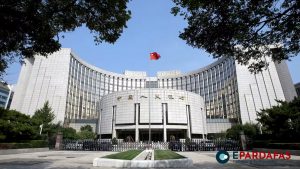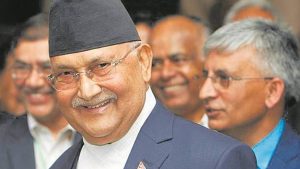
The G20 Conference: Catalyst for the Rise of Asia
Is India a global powerhouse? The debate continues, but there’s no denying that India stands as the world’s fifth-largest economy, a pioneer in space science, a military force to be reckoned with, and a nation progressing with contented citizens.
Just recently, India hosted the G20 Summit in the capital city of Delhi, and its performance exceeded many expectations. The summit, boasting excellence from security measures to social welfare, presented a consensus and universally embraced declaration. India’s surprise moves of including the African Union as a new member further underscored its diplomatic prowess.
Regarding the ongoing conflict between Ukraine and Russia, a middle-ground solution was sought. Careful wording allowed support from China, Russia, Ukraine, the United States, and the European Union.
The unanimous agreement on India’s proposal to establish an economic corridor known as the “India-Middle East-Europe Economic Corridor” raised eyebrows. This corridor, traversing land and water routes, is seen as a counter to China’s Belt and Road Initiative. However, both projects serve distinct purposes and hold unique significance.
The G20 Summit’s manifesto tackled various topics, including climate change adaptation, food security, regional military cooperation, poverty alleviation, military industrial production cooperation, and cultural collaboration. Experts are hailing it as a new blueprint for empowerment and transformation.
Eastern civilizations have a rich history of power and prosperity, backed by powerful philosophies and documents. However, over time, internal strife, wars, diseases, natural disasters, and disagreements among nations led to stagnation in the East while the West surged ahead. They formed alliances focused on collective development.

Experts now believe that this trend is changing, signaling a resurgence of Eastern culture, philosophy, development, and power. They view the G20 conference held in India as a significant turning point for countries like India and China.
At a discussion titled ‘G20: Hope and Scope for South Asia,’ organized by Neeti Anusandhan Pratishthan Nepal, international relations experts and researchers brainstormed ways underdeveloped countries in South Asia can benefit from India and China’s recent developments.
Indian Prime Minister Narendra Modi received accolades for globalizing Eastern culture and philosophy through the G20 conference. His approach echoed Swami Vivekananda’s 1893 speech in Chicago.
Dr. Dinesh Bhattarai, a diplomat and analyst, emphasized India’s message of recognizing Eastern philosophy. He pointed to India’s efforts to establish a global community with the slogan “Vasudhaiva Kutumbakam” (the world is one family).
“India has become a global power, confidently advancing its agenda through diplomacy. South Asian countries should capitalize on this,” Dr. Bhattarai remarked.
Diplomatic expert Dr. Ram Thapalia added that the economic, cultural, social, political, moral, environmental, and military agenda discussed at the G20 has propelled Asia into a new era of influence. However, he stressed the importance of using this newfound power responsibly and preventing its misuse.
The consensus among experts is clear: Asia has re-emerged as a formidable global power, but building trust among nations and alliances is crucial for sustained progress.
“There’s no doubt that Asia has re-emerged as a new power,” Dr. Thapalia affirmed, emphasizing the need for collaboration and trust-building moving forward.
Dr. Mrigendra Bahadur Karki, Executive Director of Centre for Nepal and Asian Studies (CNAS) at Tribhuvan University, recalled Swami Vivekananda’s speech in Chicago in 1893. He stated that the slogan employed by India at the recent G20 summit echoed similar sentiments. According to him, Asia’s resurgence signifies a paradigm shift initiated by the West, and this shift has garnered widespread acceptance.
- China Warns U.S. Over Taiwan Military Aid, Accuses Washington of ‘Playing with Fire’
- 101st Birth Anniversary of Nepali Congress Founding Leader Krishna Prasad Bhattarai Commemorated
- Nepal’s Exports Rise by 16.5% in Five Months Amid Trade Deficit
- Cabinet Decisions: DIGs Singh and Bohara Promoted; Key Policy Changes Approved













Comments